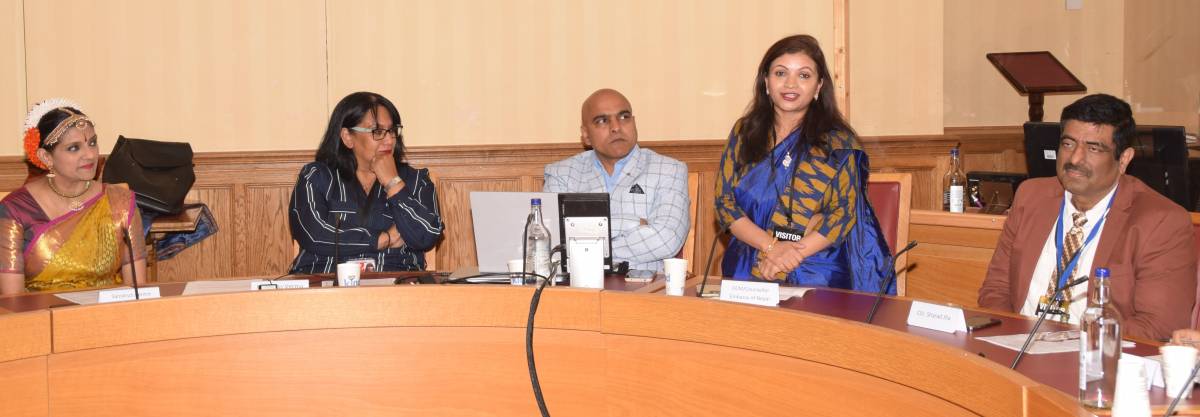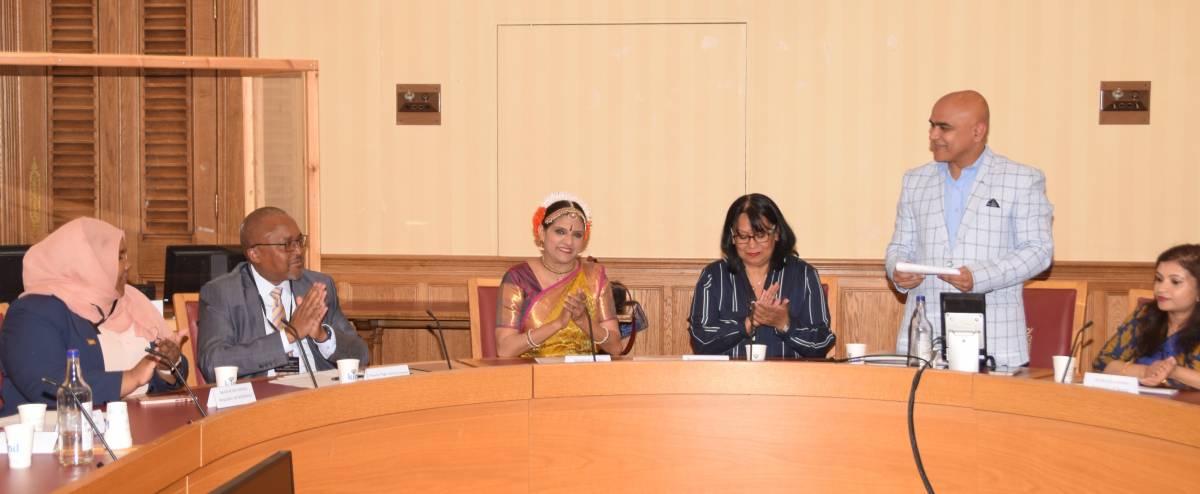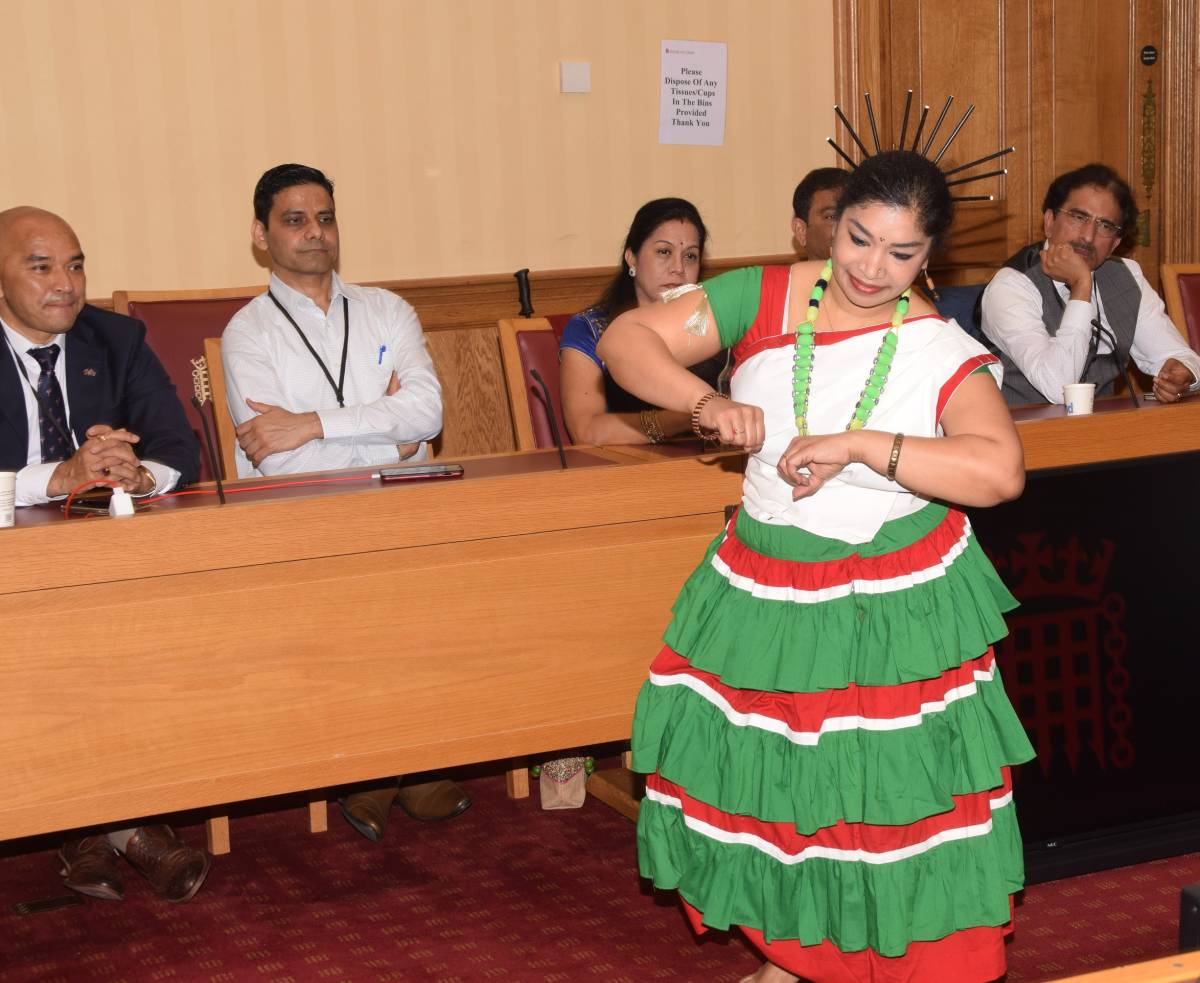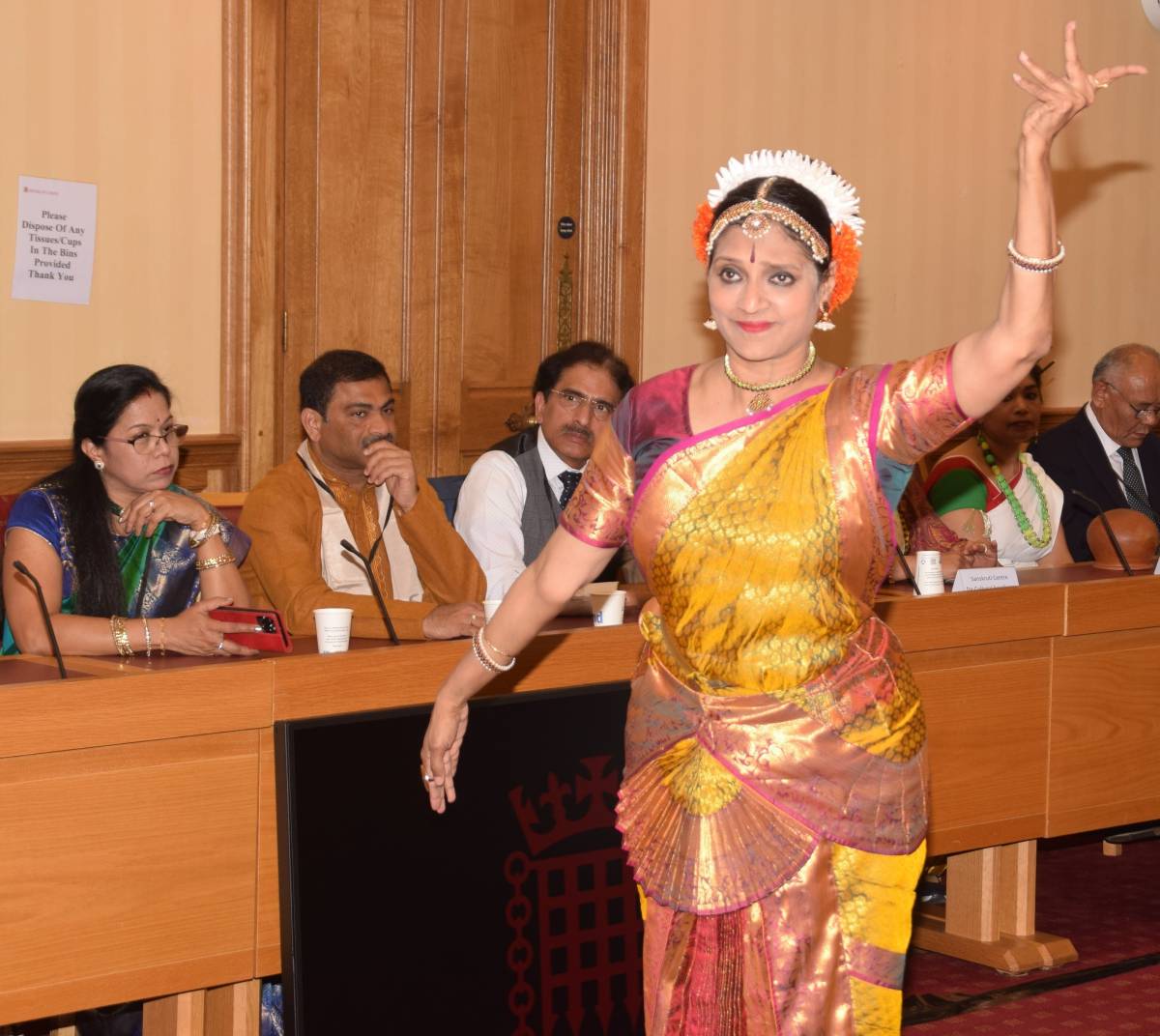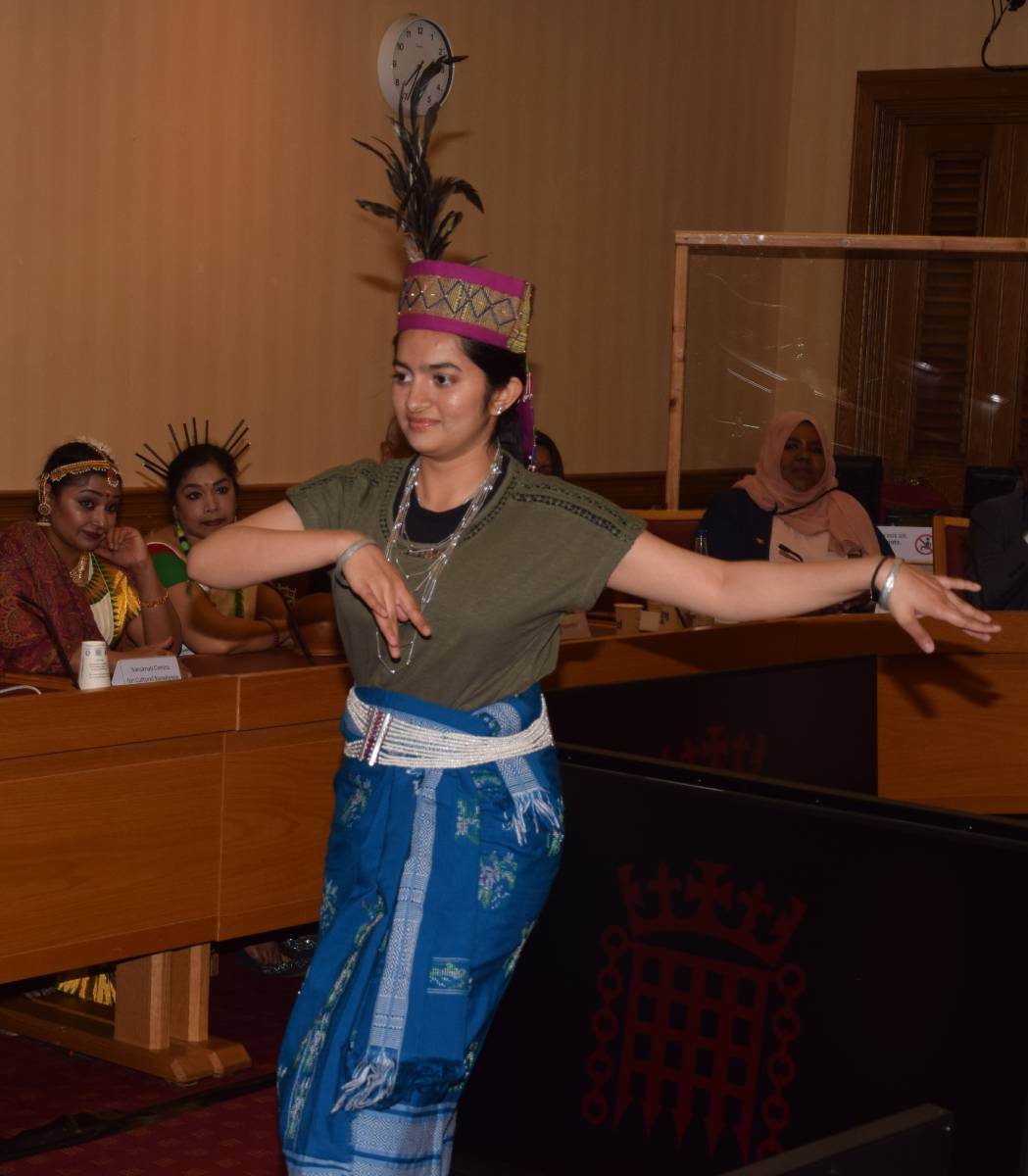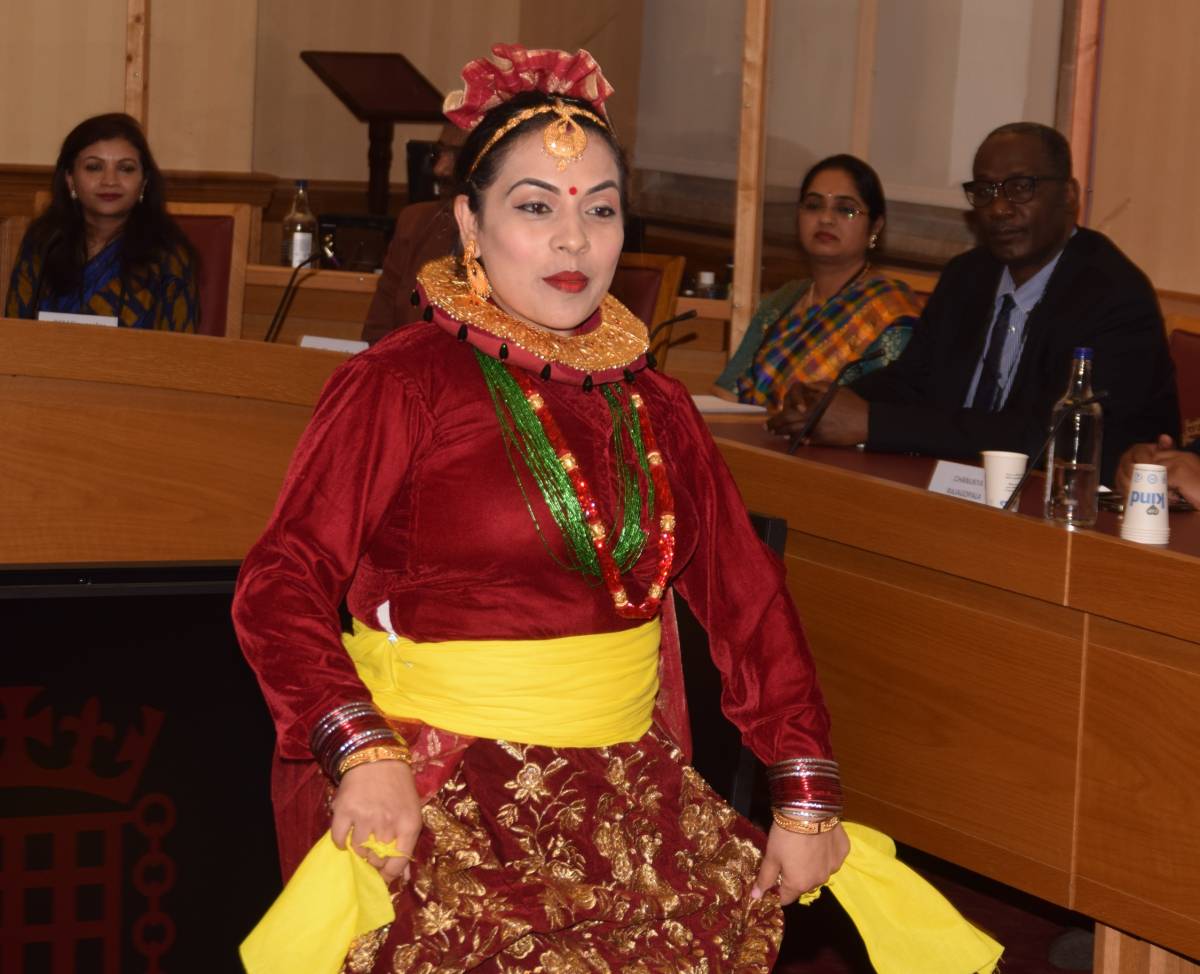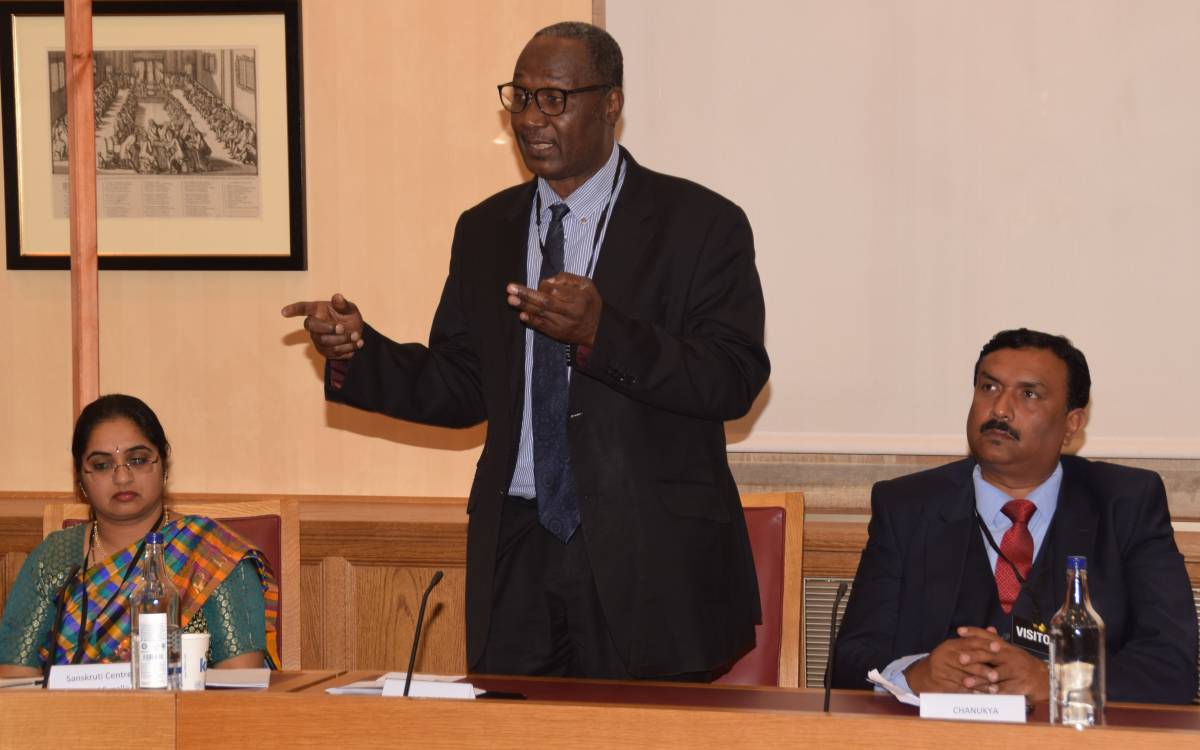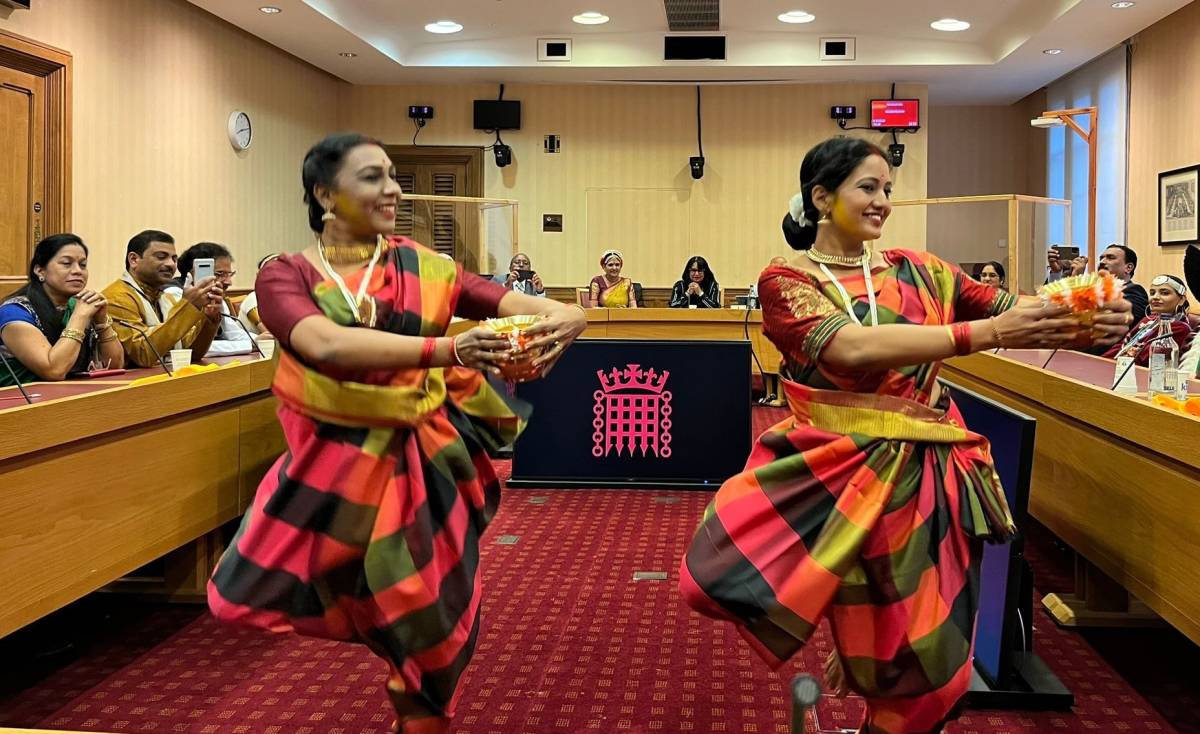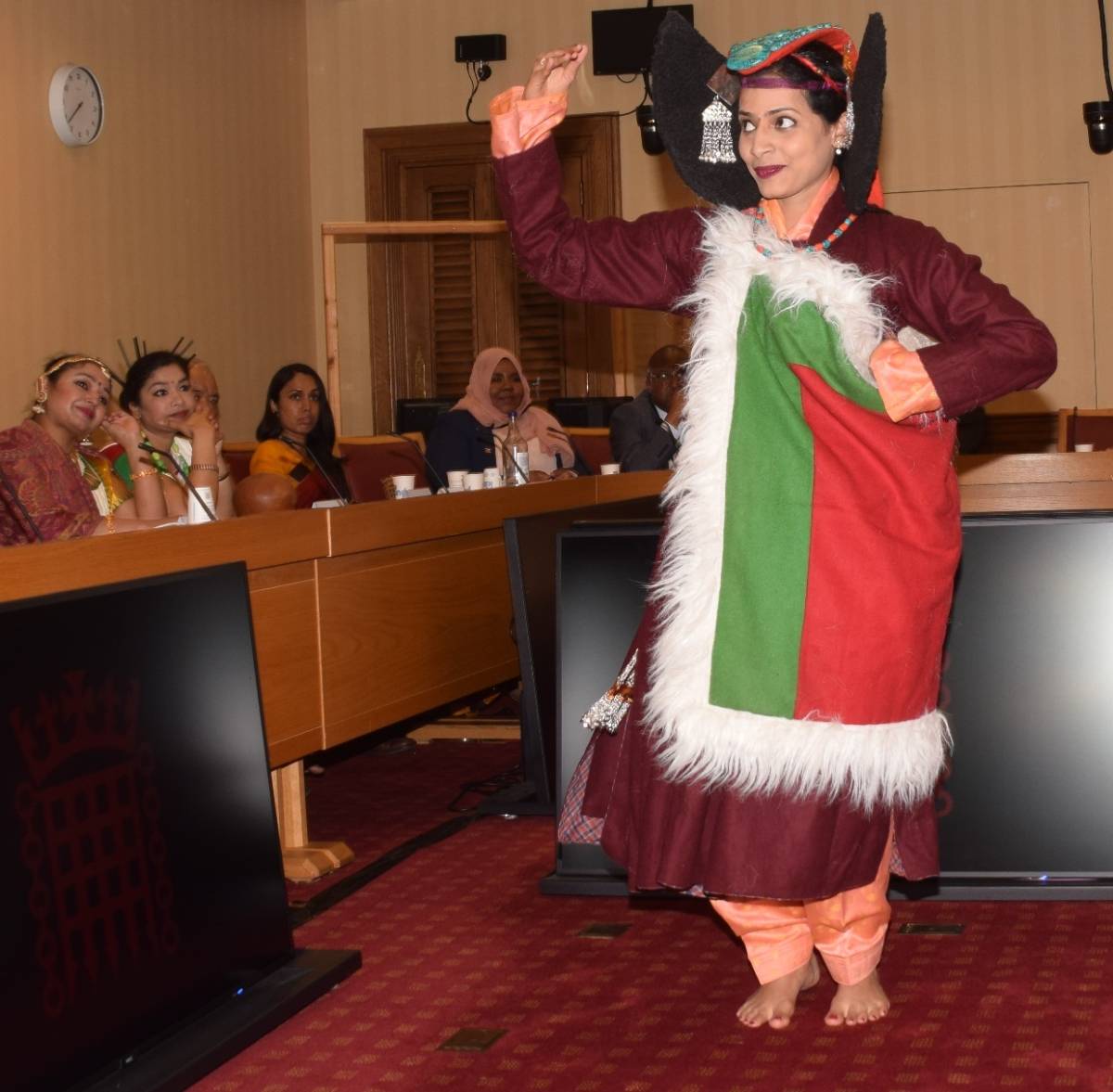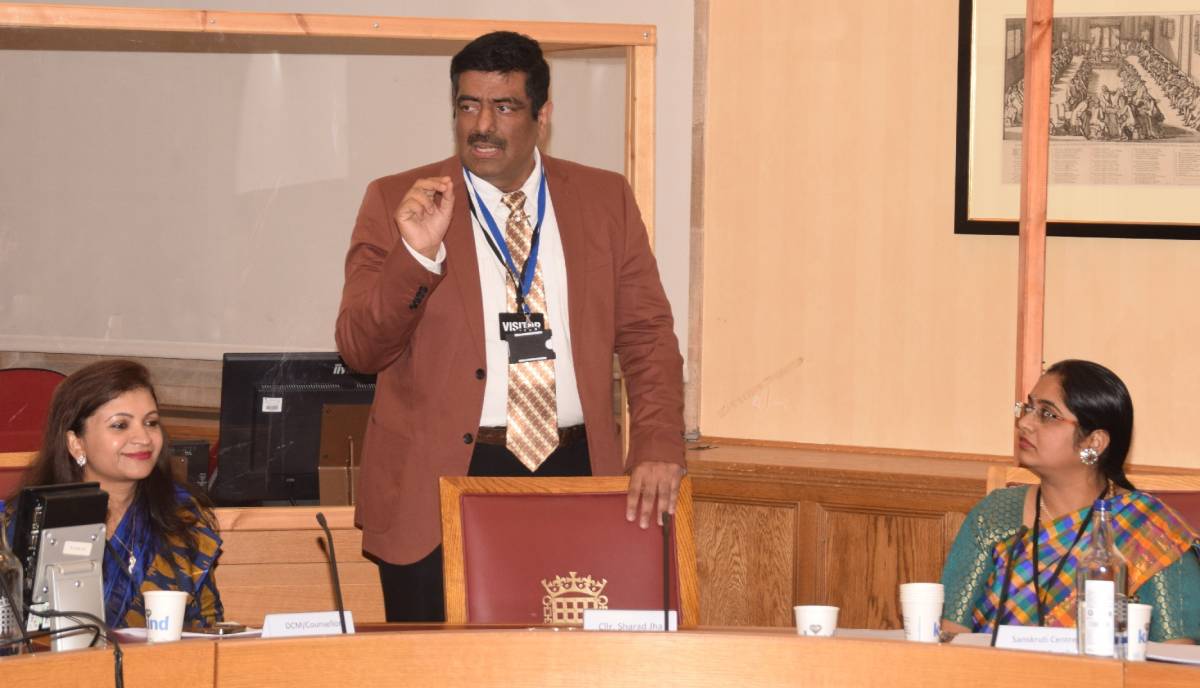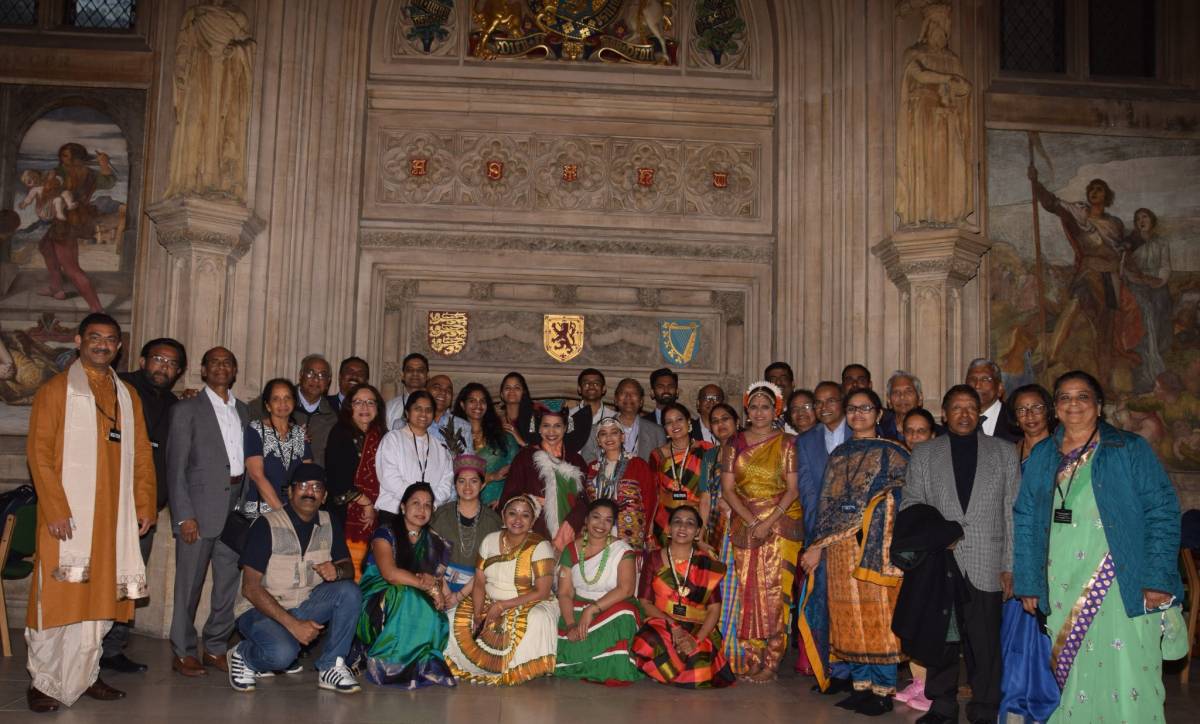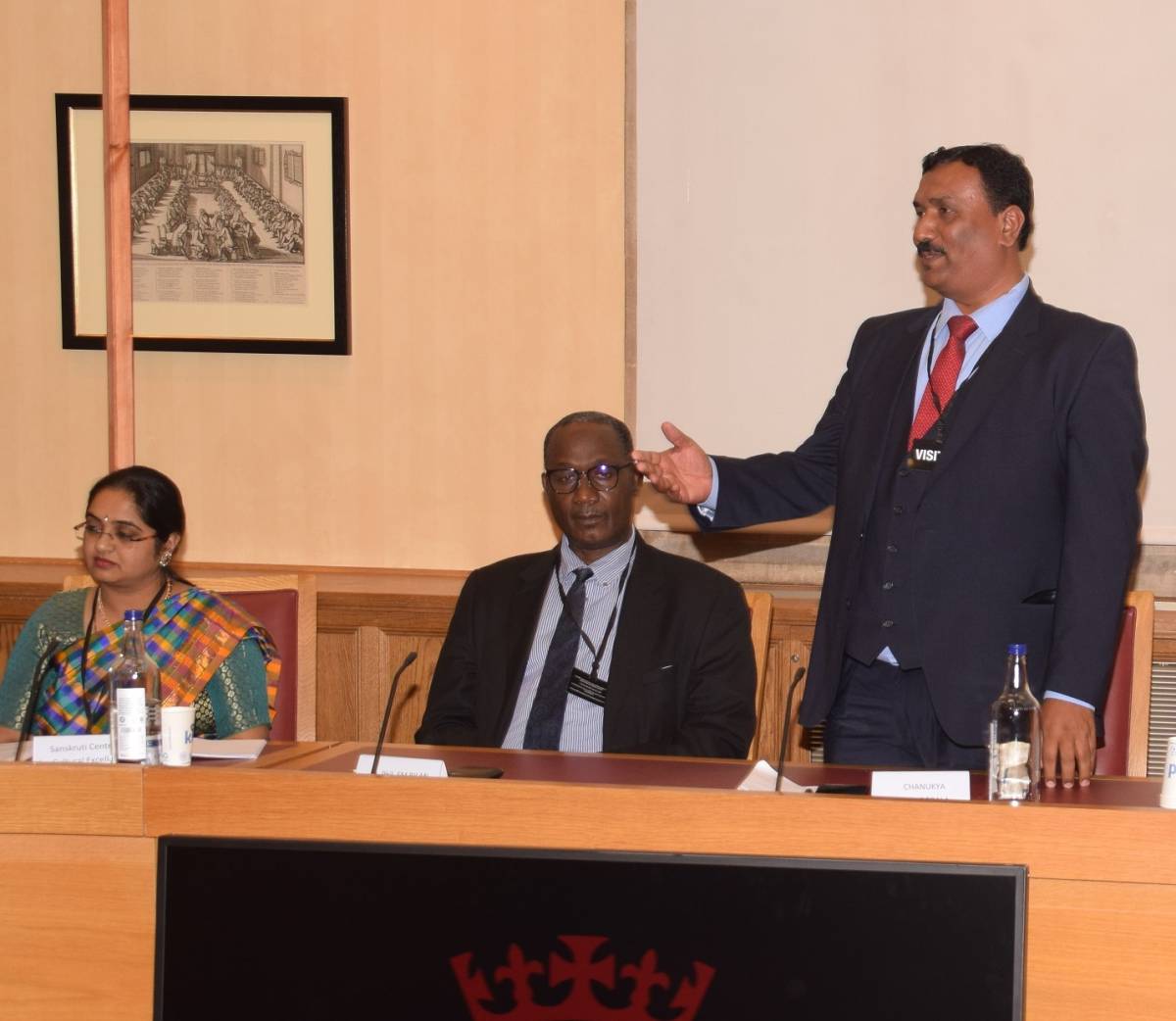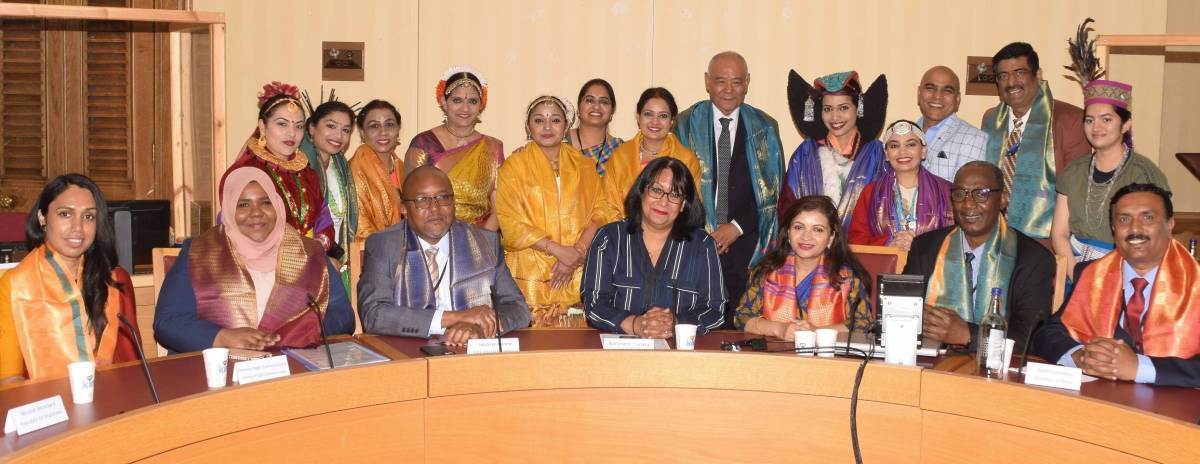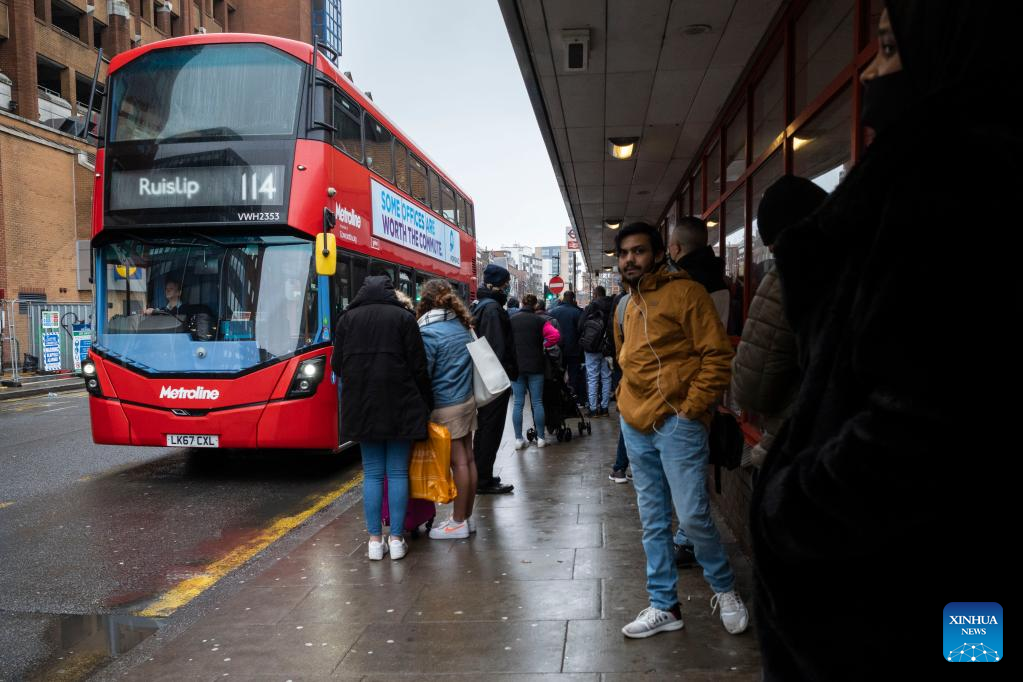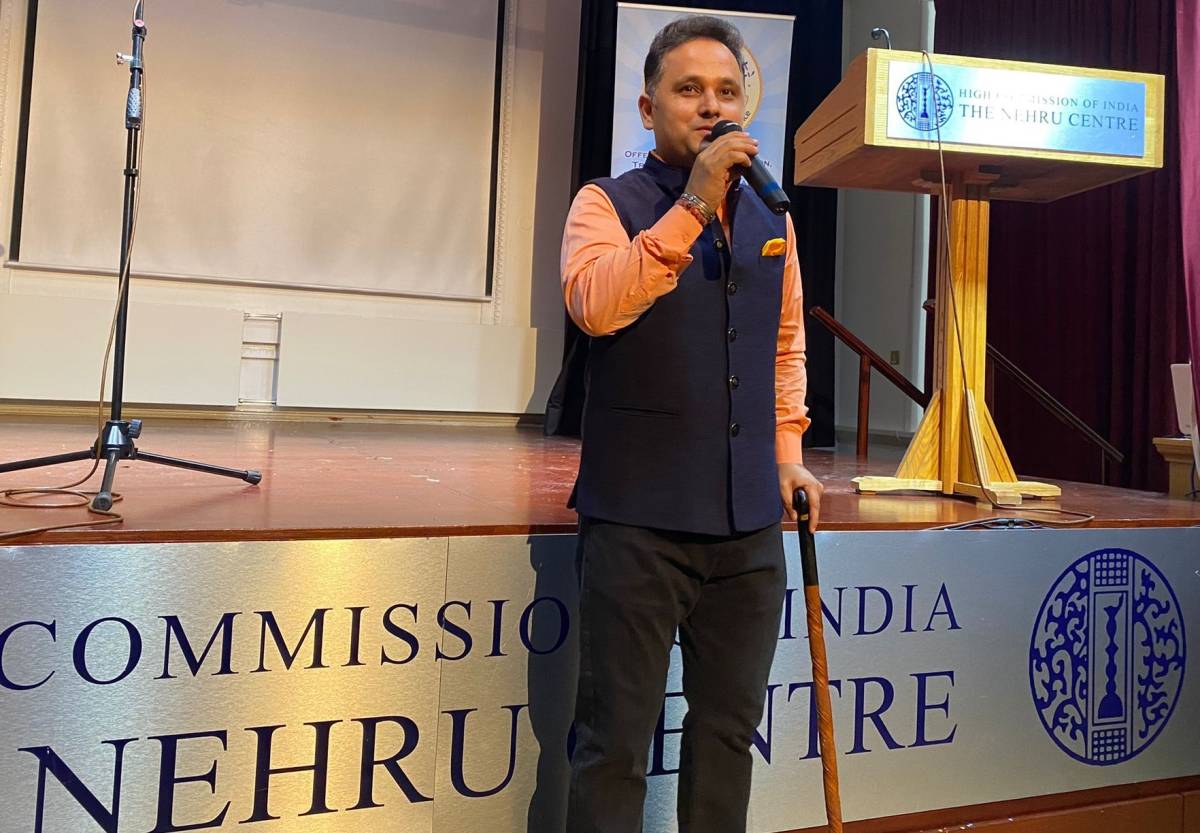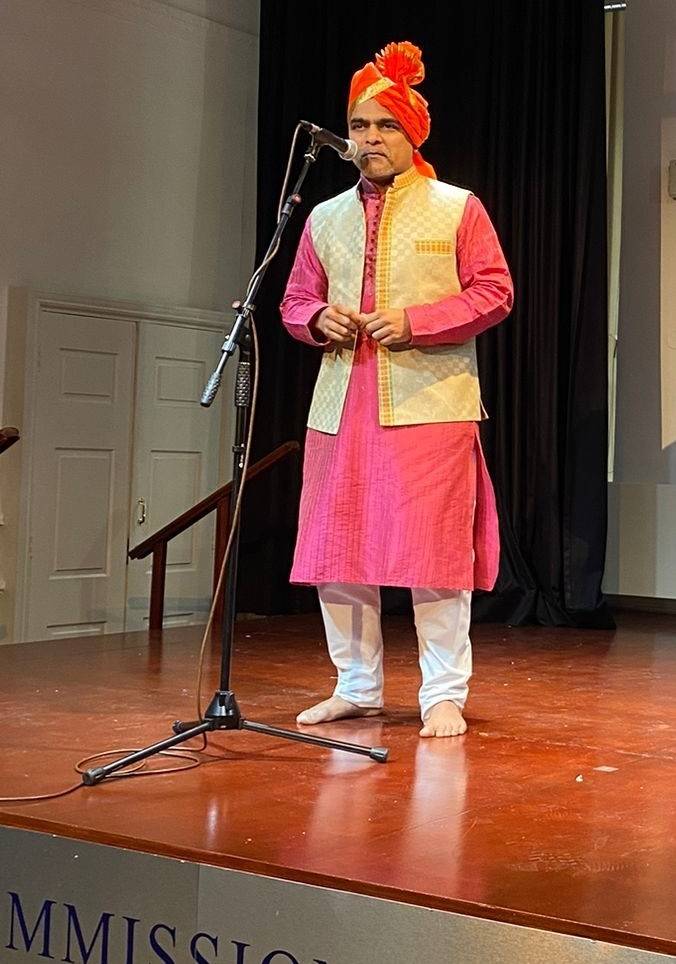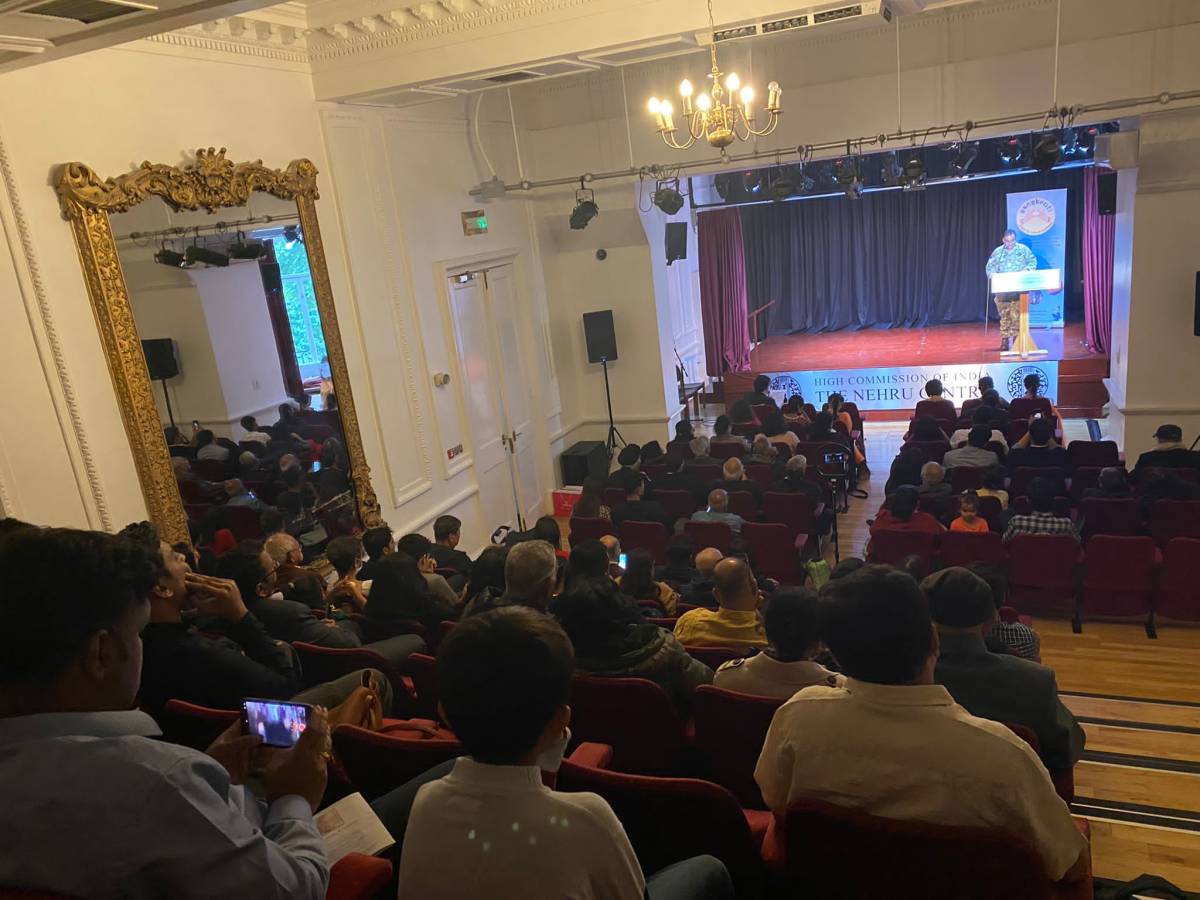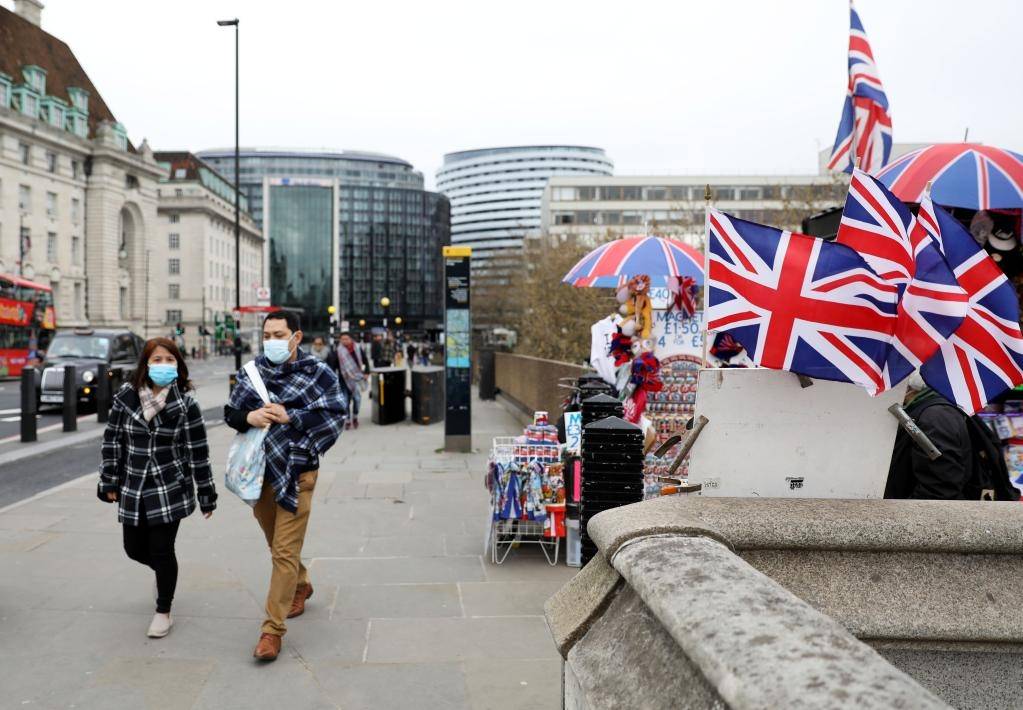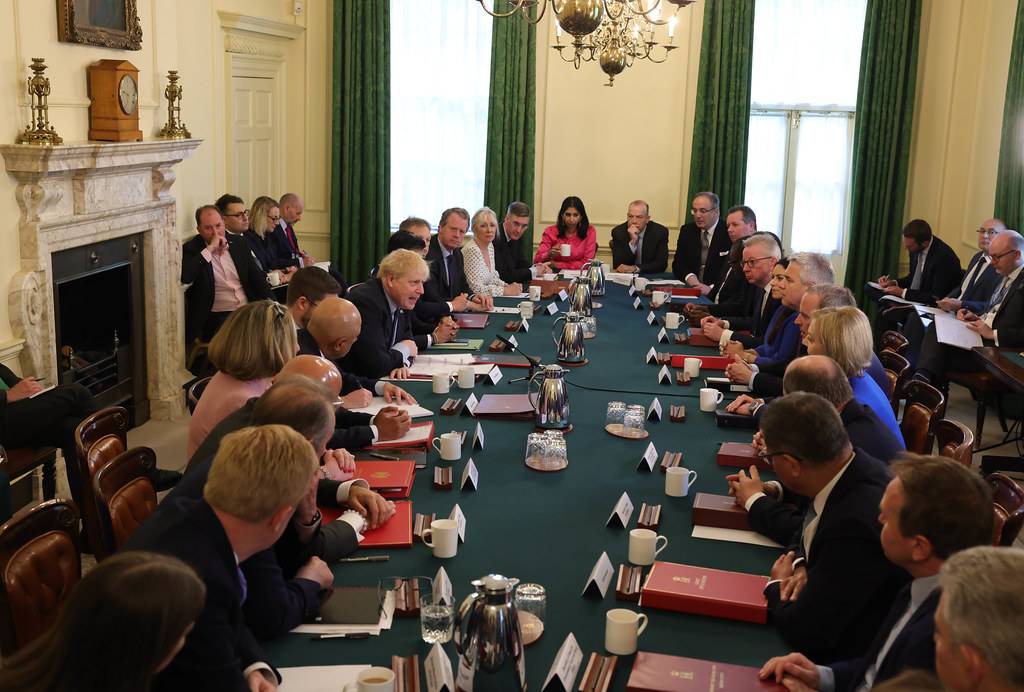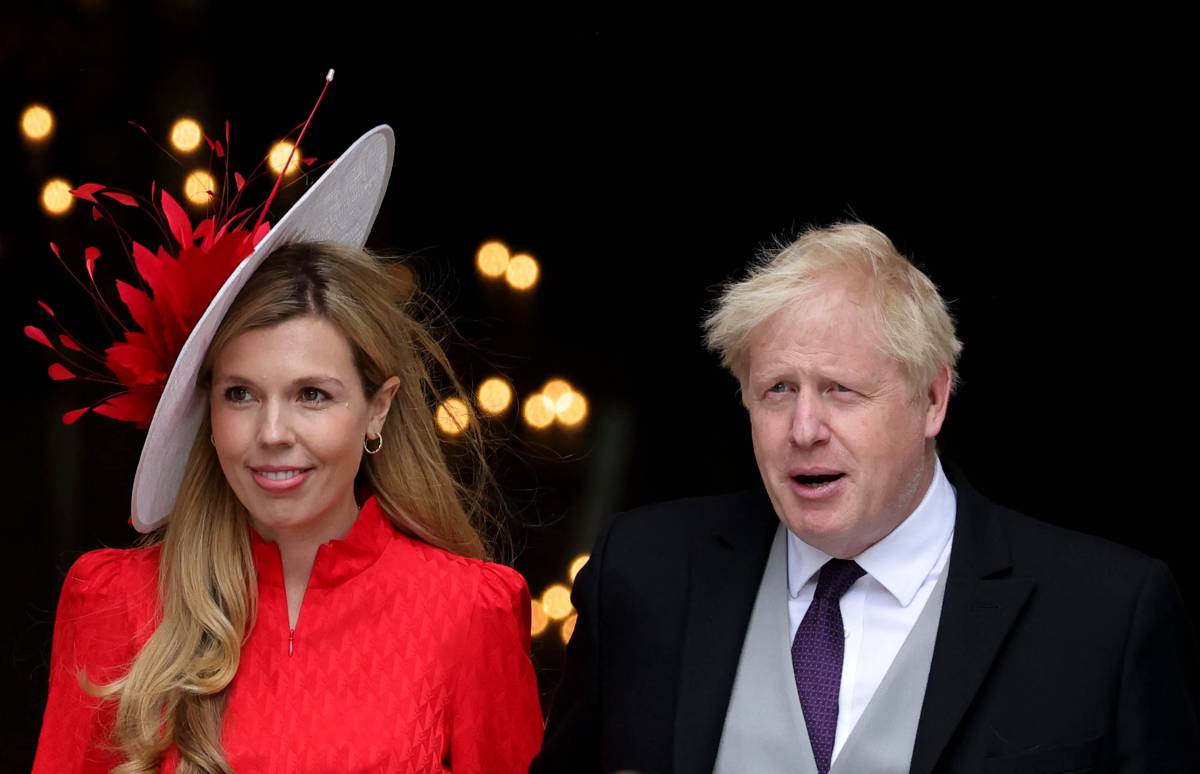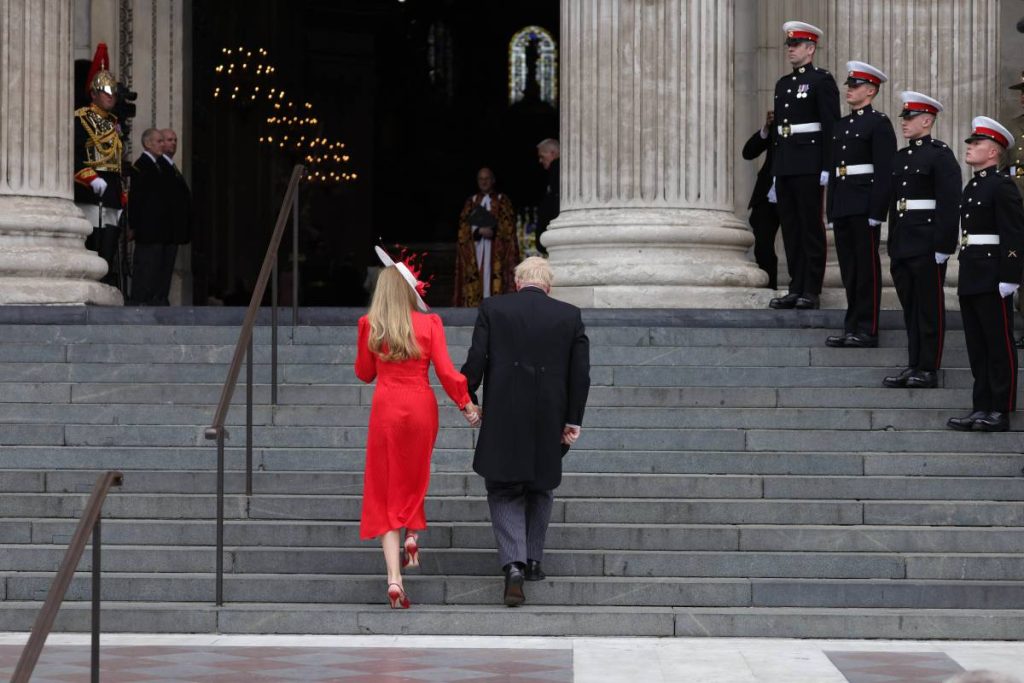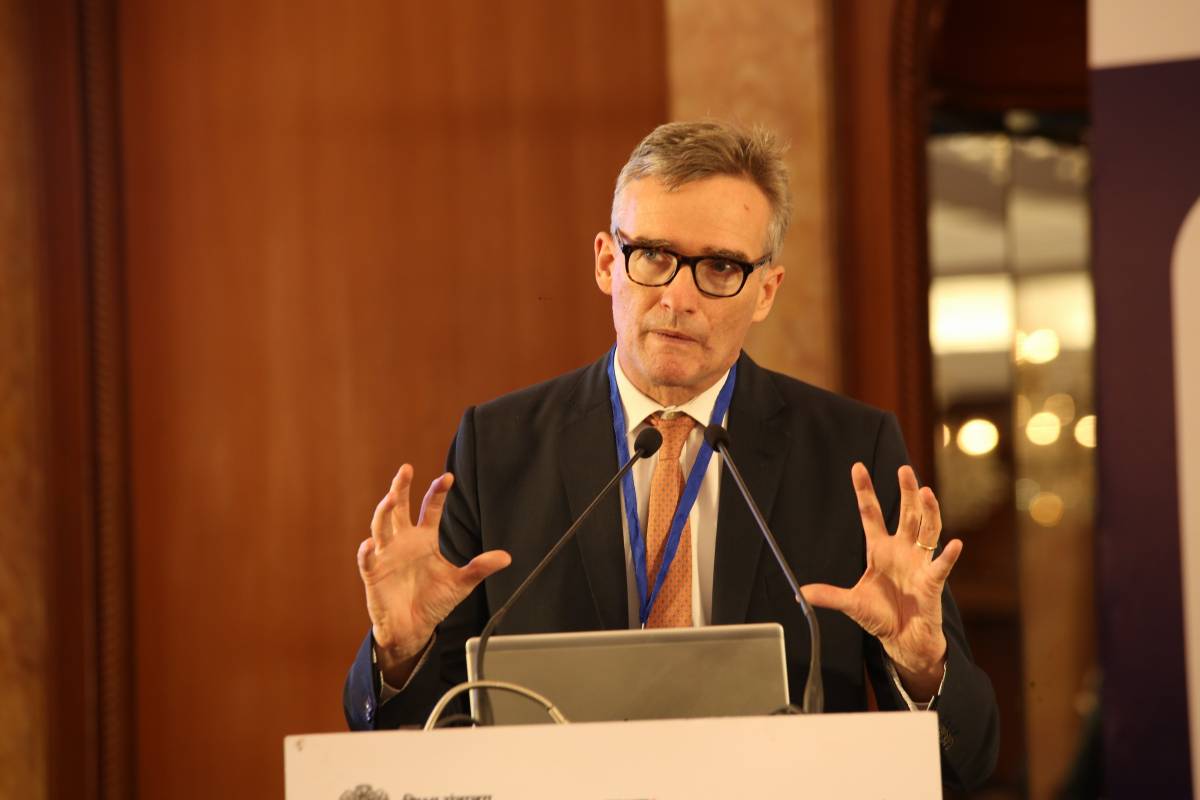Organised by Sanskruti Centre for Cultural Excellence and hosted by Baroness Verma, who spoke on the significance of cultural diversity and the role of women, the event had interesting inputs by Ambassador Joakim K Kamere- Deputy High Commissioner, Kenya High Commission, Mrs Roshan Khanal-DCM/Counsellor, Embassy of Nepal, Dr Phil. Sahidi Bilan- University of Sunderland in London, Cllr. Sharad Kumar Jha and Chanukya Rajagopala.
Diplomats of four countries’ missions and several prominent members of the diaspora from different parts of the UK, and from Germany have attended the World Day for Cultural Diversity for Dialogue and Development organised at the House of Lords recently.
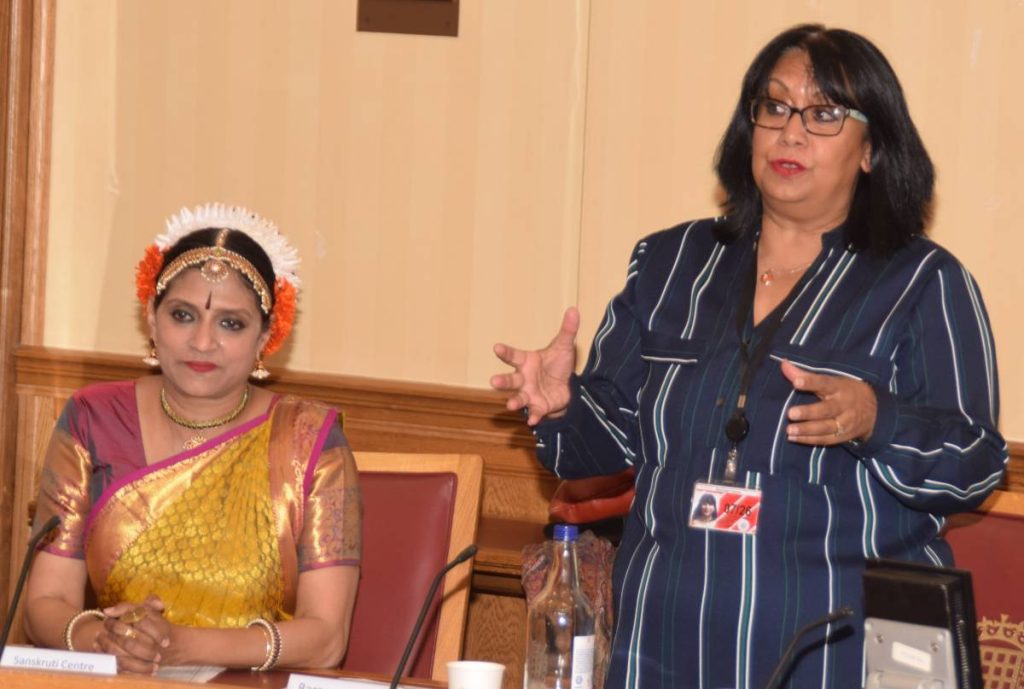
Organised by Sanskruti Centre for Cultural Excellence and hosted by Baroness Verma, former Under Secretary for International Development- who spoke on the significance of cultural diversity and the role of women, the event had interesting inputs from Ambassador Joakim K Kamere- Deputy High Commissioner, Kenya High Commission, Mrs Roshan Khanal-DCM/Counsellor, Embassy of Nepal, Dr. Phil. Sahidi Bilan- University of Sunderland in London, Cllr. Sharad Kumar Jha and Chanukya Rajagopala. Diplomats Ms Fathika Fayaz from the High Commission of the Maldives and Ms Thivanka Athuraliya from the High Commission of Sri Lanka represented their High Commissions.
Members from the Tibetan House Trust were in attendance, along with attendees who came from Coventry, Manchester, Norwich and Rugby.
A variety of dances from different regions were presented on the occasion, demonstrating the positive role of performing arts on mutual respect, cooperation, and development. Rarely seen Garo (Meghalaya), Miji (Arunachal Pradesh), Siddi & Hejje Kunita (Karnataka) Shondol (Ladakh), and the oldest Nepalese dance Maruni have enhanced the cultural awareness of the attendees, besides the presentation of Mohiniattam and Bharatanatyam. Presenting artists were Deepa Khanal, Preetha Chandran Sakunthala, Lumbini Bafna, Swarnalatha Pasupuleti, Shouri Kokkonda, Harsha Srinivas, Sindhu Narasimaiah, Manju Sunil and Ragasudha Vinjamuri.
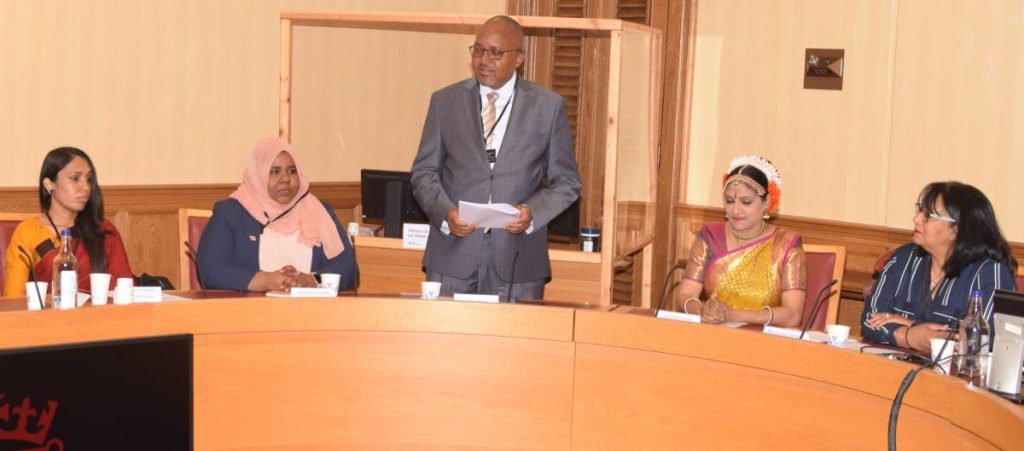
Sanskruti Centre has been lauded for the unique initiative as such events are key to facilitating the exchange of ideas, information, art, language and other aspects of culture among nations and their peoples. All the speakers and presenters were felicitated with shawls for their participation.
